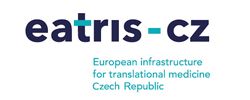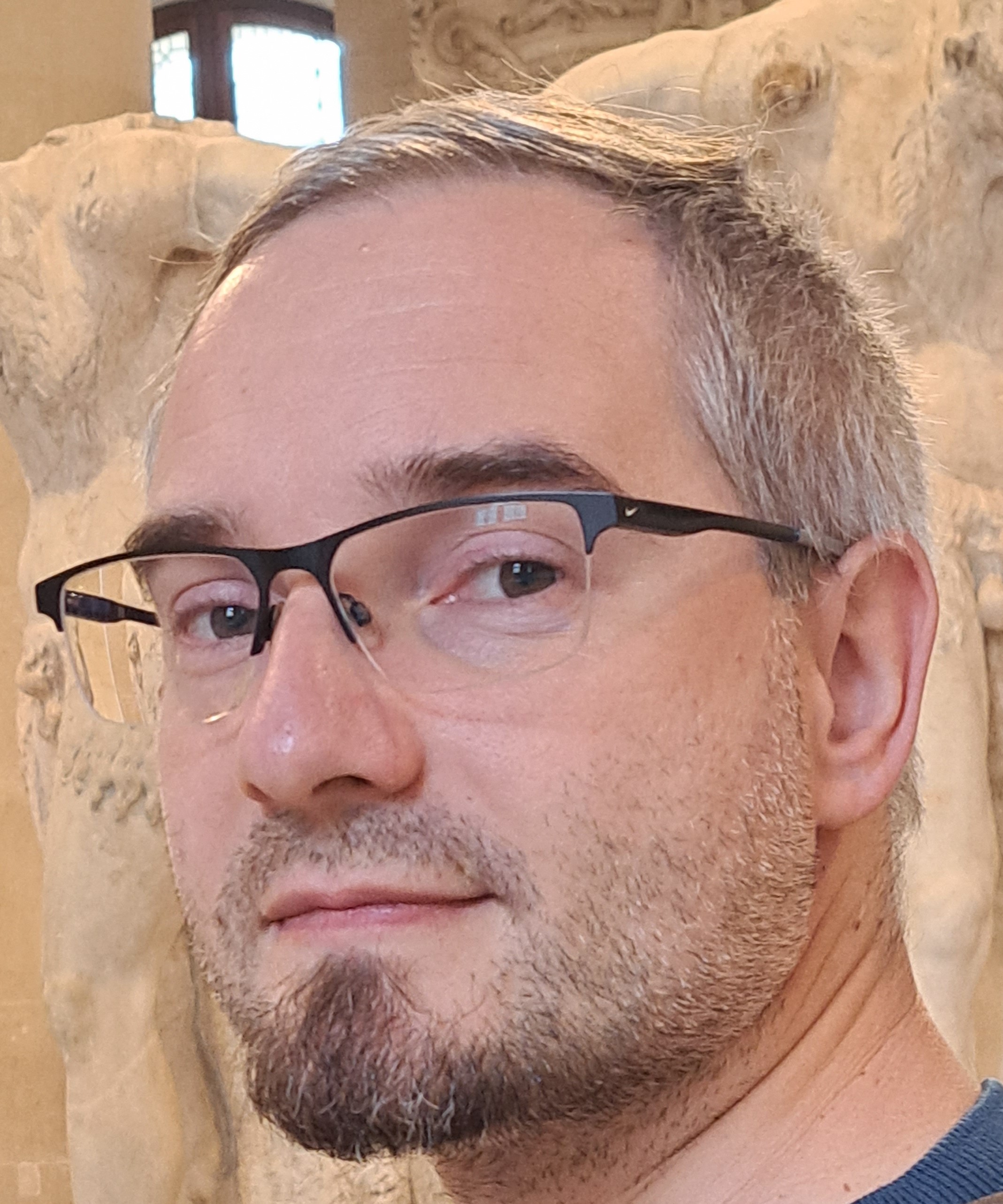
Animal core facility
About us
The facility provides preclinical in vivo efficacy models for numerous diseases, including neurology, oncology, pharmacokinetics, toxicology, and metabolic studies. The facility is also poised to customize preclinical pharmacology and consulting services to speed up the development of your drugs.
Preclinical studies at IMTM´s Animal facility have utilized species of laboratory animal models (including GMO animal models) in SPF conditions. The employees of the Animal facility can administer test agents to rodents via any route and perform surgical techniques or procedures with exceptional imaging and analysis capabilities for all specialized and custom programs. The animal facility has been accredited under the applicable laws of the Czech Republic.
How can we help in your research/drug development projects?
Facility in Vivo Department can guide you through this stage of the development process by selecting appropriate animal models, designing research practices, conducting high-quality in vivo studies, and generating study reports custom-built to your needs.
How can we support your research/drug development projects?
Pharm / Biopharm:
In vivo, toxicology studies are intended to assess the onset, severity, and duration of toxic effects, their dose dependency, and degree of reversibility (or irreversibility). At IMTM, in vivo, toxicology studies can encompass dosing regimens from acute (single dose) to chronic (multiple quantities). Several routes of exposure (e.g., oral, intravenous, intramuscular, topical, etc.) can be accommodated, and various species of rodents are available. The full complement of toxicology evaluations is available through in-house resources or strategic partnerships with external vendors. These evaluations include Biochemistry (Clinical chemistry), Hematology, urinalysis, histopathology, bioanalysis, and toxicokinetics.
Pharmacokinetic (PK) and toxicokinetic (TK) analyses are key early drug development activities. PK and TK studies provide helpful and required information that informs no effect levels (NOEL), human equivalent doses (HED), and pharmacokinetic/pharmacodynamic (PK/PD) drivers. Carrying out pharmacokinetic studies enables the determination of PK parameters such as AUC, clearance, volume of distribution, half-life, Cmax, and Cmin.
In Vivo Cancer Studies:
The preclinical oncology studies provide highly customizable in vivo compound evaluation to help evaluate novel anticancer therapies. Studies are conducted from traditional xenografts to advanced humanized mouse models of cancer. This area includes subcutaneous human tumor xenografts, syngeneic tumor grafts, orthotopic engraftment, patient-derived xenograft resource, and tumor cell lines in Implant Membrane (Hollow Fiber).
Irradiation Studies:
Irradiation is a treatment approach for many types of cancer; researchers seek compounds that selectively enhance a tumor’s irradiation sensitivity, protect healthy tissues, or allow increased doses to the affected areas. The IMTM´s irradiation department includes RS Research Cabinet X-Ray source.
Antimicrobial Studies:
The employees of the Animal facility have experience and expertise in testing the efficacy of novel antimicrobials in bacterial infectious animal models (e.g., a rat model of infected skin ulcer, a murine model of bacterial keratitis, mouse peritonitis/sepsis model, a murine model of bronchopulmonary aspergillosis).
Neuroscience services:
The animal facility is equipped for behavioral neuroscience tests (e. g. locomotor activity, anxiety, and habituation, cognition).
Other Services:
The general aims of a division of Hematology and Clinical chemistry are to obtain detailed knowledge of mechanisms of the effect of tested substances that determine a hematopoietic stem cell self-renewal and differentiation as well as the impact on functions of organs, with an ultimate goal to deepen our insights in a development of drugs.
Surgery:
The surgical equipment provides a technical expertise and the creation of sophisticated models of diseases. The animals are operated on according to the principles of an excellent surgical practice under the guidance of our animal welfare officer, which include an aseptic working method, minimal surgical trauma, anesthesia (injection or inhalation), and analgesia, if necessary, peri- and post-operative care and detailed reporting. The employees of the Animal facility have experience, expertise, and equipment for Microsurgery and Stereotaxy.
Endoscopy:
Endoscopy is an examination method of body cavities and hollow organs. The flexible endoscope is used (video endoscope).
Imaging and Tracing:
The Imaging and Tracing group focuses on the preclinical development of novel radiopharmaceuticals and molecular imaging agents for comprehensively evaluating pathological conditions and monitoring disease progression and therapy in vivo. This includes the development of cutting-edge radiolabelling and radioanalytical strategies, and evaluating novel candidate tracers in vitro and in vivo using a wide range of imaging approaches. We also develop small animal models of various diseases, particularly infections and cancer.
We perform non-invasive multimodal imaging and image analysis to observe various disease and biological models in living systems. Our state-of-the-art instrumentation currently includes an extensive suite of imaging modalities, such as positron emission tomography (PET), single photon emission computerized tomography (SPECT), computerized tomography (CT), magnetic resonance imaging (MRI), optical imaging (including bioluminescence and fluorescence ranging from the green to near-infrared region) and ultrasound (US). In addition, a fully equipped radiochemistry laboratory and dedicated housing for animals undergoing longitudinal imaging studies are available.
Carestream Albira PET3r/SPECT/CT imaging system
Reserve this instrumentPerkinElmer 2480 WIZARD 2 Automatic Gamma Counter
Reserve this instrumentPerkinElmer MicroBeta Radioactivity and Luminescence Counter
Reserve this instrumentCarestream In-Vivo MS FX Pro imaging system
Reserve this instrumentNanoScan PET/MRI 3T Mediso
If you have any questions or would like to discuss your research needs, please don't hesitate to contact us. Our friendly and knowledgeable team is ready to assist you. You can contact us through the following methods:
- Phone: +420 585 632 138
- Email: animals.imtm@imtm.cz
- Location: Institute of Molecular and Translational Medicine, Faculty of Medicine and Dentistry and Czech Advanced Technology and Research Institute, Palacky University, Hnevotinska 5, 779 00 Olomouc, Czech Republic
We are excited to be a part of your in vivo research journey and look forward to collaborating with you on groundbreaking discoveries that will shape the future of science and medicine.

